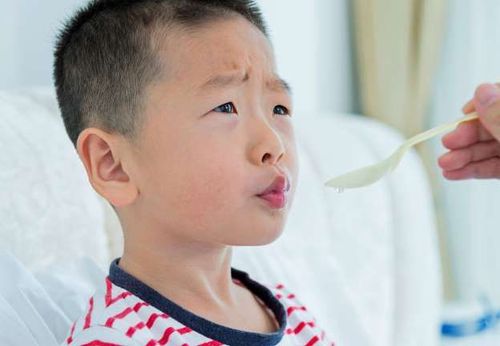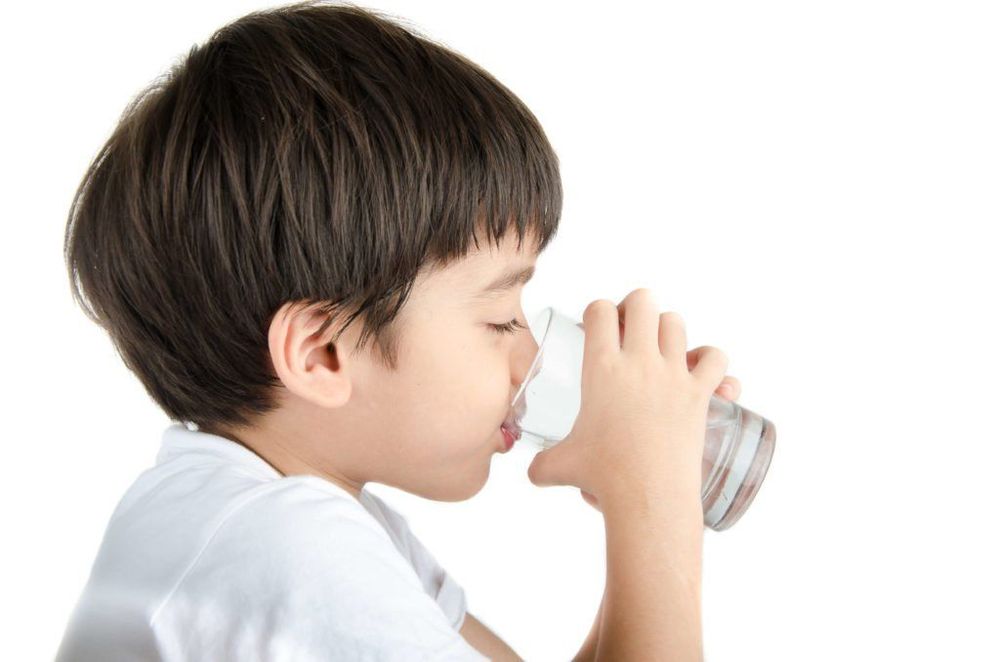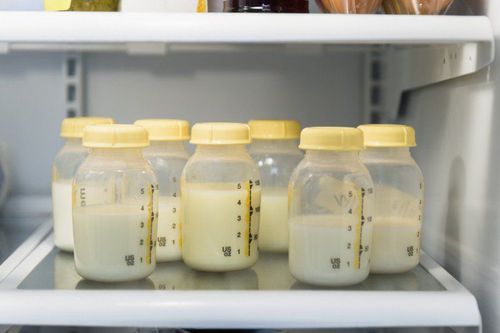Proper nutrition and care are essential for supporting a child's health and fostering optimal physical and mental development in the early years. With an immature immune system, young children are more vulnerable to illness. So, what foods should parents provide to help their child recover quickly and regain strength after being sick?
1. What Should Children Eat After Illness?
After being sick, children often lose weight, appear pale, and feel weak. It is also common for them to have a reduced appetite during recovery. Concerned parents may try to provide a variety of nutritious foods, hoping to help their child regain strength and restore lost weight. However, pushing a child to eat too much too soon may not always be the best approach for their health.
In fact, children who have recently recovered from illness are often very fatigued, as their energy has been fully spent fighting off the illness. At this time, their bodies are still weak, and their organs, including the digestive system, remain exhausted and functioning at a reduced capacity. Consequently, children may lack an appetite and feel reluctant to eat solid foods or those that are harder to digest.
Parents should accommodate their child’s eating preferences, allowing them to enjoy their favorite foods to stimulate their appetite and rekindle their desire to eat. However, the foods selected for the post-illness diet should be nutritious and gentle on the child’s stomach, ensuring they do not cause any digestive discomfort.
The way food is prepared is also extremely important. If parents only give their child meat or bone broth, even if the child eats enough meals, there is still a risk of malnutrition, rickets, anemia, and nutrient deficiencies. Therefore, after a child has recovered, parents should provide both liquids and solids. For younger children, food can be pureed, finely chopped, or mashed to match their chewing and swallowing abilities. So, what should parents feed their child after recovery?
- Hydration: Water is a vital component for all living organisms, especially when a child is recovering from illness (fever, diarrhea, runny nose, respiratory infections, etc.). It is essential to replenish lost fluids and help clear the respiratory passages.
- Increasing protein intake: After an illness, a child’s body is often weakened, so incorporating protein-rich foods (such as eggs, milk, and beef) is crucial to support recovery and rebuild strength.
- Supplementing vitamins, minerals, and amino acids: These nutrients play a key role in strengthening the child’s immune system. Important vitamins to focus on during post-illness care include vitamins A, C, D, and B, as well as minerals like calcium, zinc, and iron. Foods like orange juice and yogurt are particularly beneficial for replenishing nutrients and improving the absorption of other vitamins and minerals.
- Probiotics: Probiotics support the child’s digestive system after illness, helping activate enzymes for better digestion. This not only stimulates appetite but also enhances nutrient absorption and increases the child’s appetite, providing the optimal conditions for recovery.

2. Considerations for Post-Illness Care of Children
Parents should provide their child with foods in liquid form, low in fat (such as porridge, soup, etc.), gradually increasing the thickness as the child’s body recovers. Additionally, it’s important to limit foods high in fat (fried or sautéed dishes) or foods high in sugar (such as cakes and candies), as they can cause digestive issues and hinder the child’s recovery.
Parents should avoid forcing their child to eat excessively just because they have lost their appetite after illness and parents want a quick recovery. After being sick, the child’s body is still not fully restored and may still be fatigued, making it difficult to follow a normal eating routine. Forcing the child to eat more can lead to further exhaustion and may even have the opposite effect, causing the child to refuse food and slowing down their recovery. Instead, parents should offer smaller, more frequent meals and avoid overwhelming the child with large portions at once.
Respecting the child's eating preferences: The success of post-illness care for children depends not only on the actions of the parents but also on the child’s individual tastes and needs. Parents should make an effort to listen to and respect their child’s preferences, preparing meals that are both nutritious and enjoyable for them. This approach helps restore the child's appetite, encourages them to eat more, and minimizes the risk of them refusing food after illness.
Parents should prepare and design a suitable diet for their child, ensuring that meals provide all the essential nutrients. During the recovery phase, it's best to prioritize light, easily digestible foods. It's important not to impose excessive restrictions; for instance, some parents avoid giving their children beneficial foods for recovery, such as shrimp, fish, and green vegetables.
In many cases, fatigue after illness can be due to dehydration or fluid loss. Therefore, during the recovery period, parents should make sure their child is well-hydrated, especially if the child has had diarrhea.
For children recovering from diarrhea, parents should avoid giving them overly sweet foods (high in sugar) or carbonated drinks, as these can worsen diarrhea. Additionally, foods rich in fiber and whole grains should be limited.
When caring for children recovering from respiratory infections with symptoms like a runny nose, it's essential for parents to focus on keeping their child's nasal passages clear.

3. Nutritious Foods for Children After Illness
- Eel Porridge: Eel is a highly nutritious food, rich in protein, and helps replenish energy, improve blood circulation, and relieve conditions like wind and rheumatism. Eel porridge, being both nutrient-dense and in liquid form, is perfect for nourishing the body and aiding rapid recovery after illness.
- Chicken Soup: Rich in protein, iron, and essential minerals, chicken is a great food choice for supporting a child’s recovery. Chicken soup is particularly beneficial in helping children regain strength and restore their health after being ill.
- Tomato Milk Soup: After illness, children often experience a sore throat and a loss of taste. Tomato soup with milk helps soothe the throat, restore taste sensations, and provides essential vitamins and minerals to strengthen the immune system, speeding up the recovery process.
Additionally, parents can increase their child's intake of fruit juices such as orange, lemon, or apple juice. These juices not only help replenish fluids but also provide a rich source of vitamins. Moreover, it's important to supplement the child's diet with essential micronutrients like zinc, selenium, chromium, vitamins B1 and B6, ginger, and sour cherry extract (vitamin C). These nutrients support improved taste perception, enhance appetite, contribute to proper growth and development, strengthen the immune system, and boost resilience against common illnesses and digestive issues.
Leading nutrition experts advise that parents should remain calm and patient when supplementing their children's nutrients, whether through food or dietary supplements. It is important to choose supplements with natural, easily absorbed sources and to avoid giving multiple types of supplements at once or constantly switching between them. Moreover, experts highlight the crucial role of bioavailable zinc. Parents should educate themselves and ensure proper supplementation of zinc at the right times, as zinc deficiency can affect the child's overall development.
To arrange an appointment, please call HOTLINE or make your reservation directly HERE. You may also download the MyVinmec app to schedule appointments faster and manage your reservations more conveniently.








